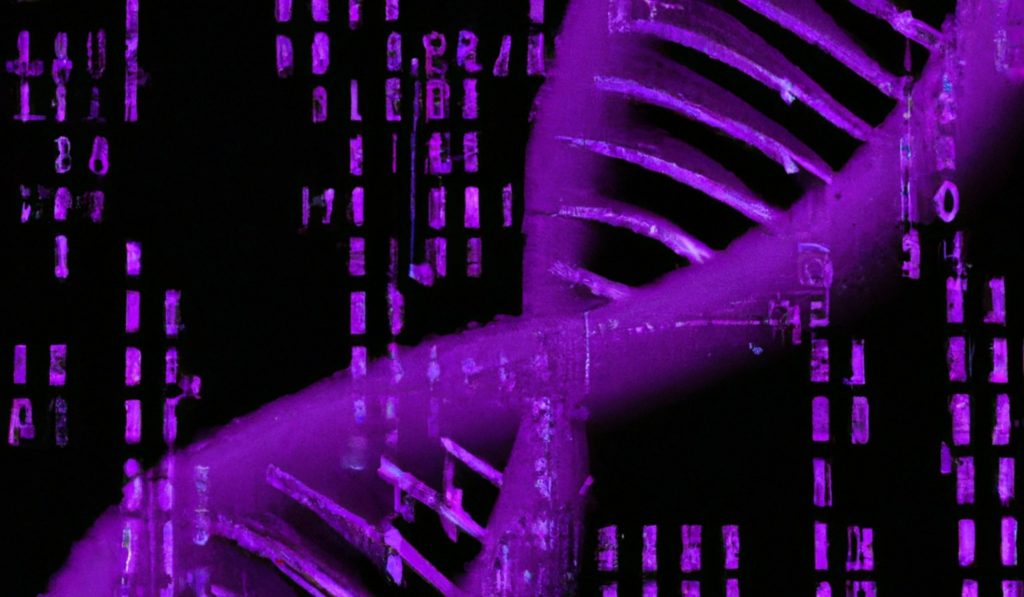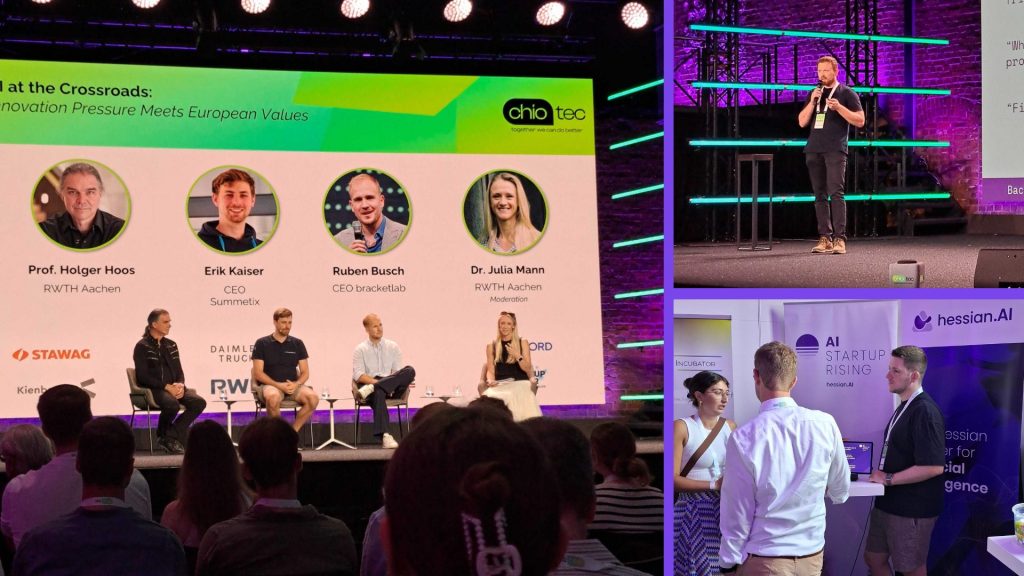
DNA as data memory: DNA-Aeon transmits information error-free
The Marburg research association “MOSLA” tested how data can be translated into molecular structures

Marburg computer scientist Professor Dr Dominik Heider is researching the storage of digital information in DNA with the team of the “MOSLA” project.
If one wants to store digital information in the form of DNA, the DNA-Aeon coding scheme is recommended to convert the original data into DNA code. DNA-Aeon is characterised in particular by superior error correction. This was shown in a comparison with other coding schemes presented by a team of the Marburg research association “MOSLA” in the scientific journal “Nature Communications”.
The mass of digital data is increasing enormously, but the common storage media last only a relatively short time, usually only a few years. “The high information capacity and long life expectancy of DNA, combined with falling costs for DNA synthesis and sequencing, makes DNA an attractive alternative to conventional data storage,” says Marburg computer scientist Professor Dr. Dominik Heider, the lead author of the paper. He heads the Marburg research project “MOSLA”, which focuses on DNA as a molecular memory for long-term archiving.
“In DNA memories, the digital information is first translated into a DNA sequence,” explains Heider’s colleague Marius Welzel, the first author of the technical paper. In the next step, the DNA is synthesised according to this template, i.e. chemically produced. “The letter sequence of the DNA can be read at any time with sequencers to retrieve the stored information.”
Each of these steps can lead to errors. When writing, storing and reading DNA, there are quite a few special features that DNA sequences must adhere to. For example, DNA must have a certain content of two of its four recurring individual building blocks. Experts speak of CG content.
The Marburg scientists checked how the DNA-Aeon coding scheme compares to competing products. The comparison with other codes proves that DNA-Aeon offers better error correction possibilities, although DNA synthesis costs less. “The data encoded with DNA-Aeon does not show any unwanted patterns, which increases its resistance to errors,” Heider reports. “Our tests show a high reliability of DNA-Aeon”.
Professor Dr Dominik Heider heads the Data Science in Biomedicine working group at Philipps University Marburg. He is the spokesperson for the “MOSLA” research project. In addition to Heider’s and Professor Dr Bernd Freisleben’s teams from the Department of Mathematics and Computer Science at Philipps-Universität Marburg, Professor Dr Anke Becker’s working group from the Marburg Research Centre for Synthetic Microbiology participated in the research work.
The state of Hesse supports the “MOSLA” research project through its “LOEWE” funding programme. The Federal Ministry of Education and Research BMBF funded participating scientists through the German Network for Bioinformatics Infrastructure.
Original publication: Marius Welzel & al.: DNA-Aeon Provides Flexible Arithmetic Coding for Constraint Adherence and Error Correction in DNA Storage, Nature Communications 2023, DOI: https://doi.org/10.1038/s41467-023-36297-3


